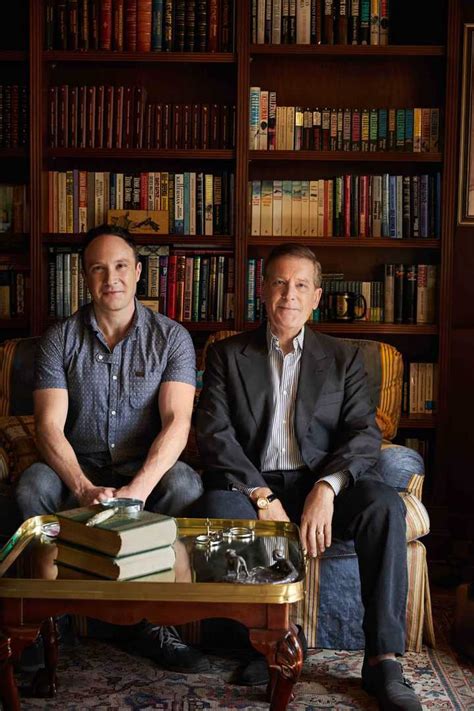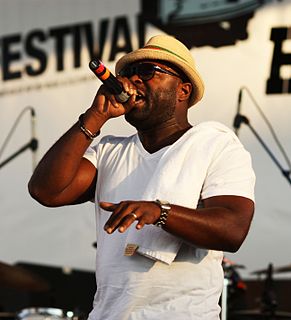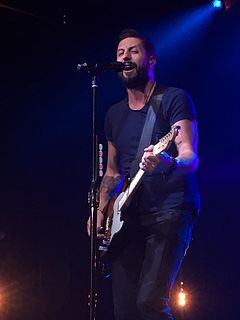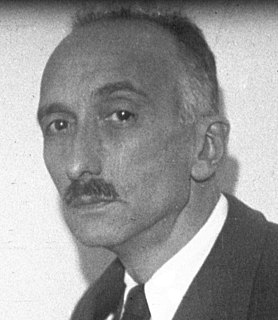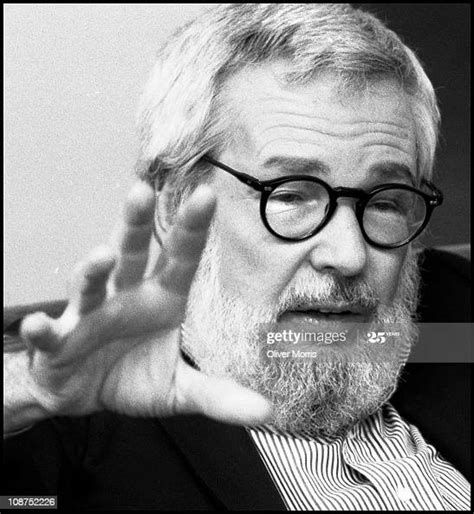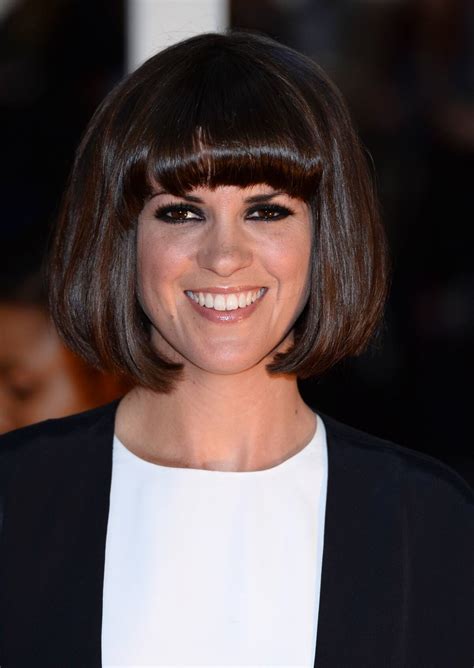A Quote by Jesse Kellerman
It's not as though I decided to sit down and write a mystery novel so I could capitalize on my parents' success.
Related Quotes
Naturally, you don't sit down in "white hot inspiration" and write with a burning flame in front of you. But since I knew I could never be happy being anything but a writer, and Mockingbird put itself together for me so accommodatingly, I kept at it because I knew it had to be my first novel, for better or for worse.
